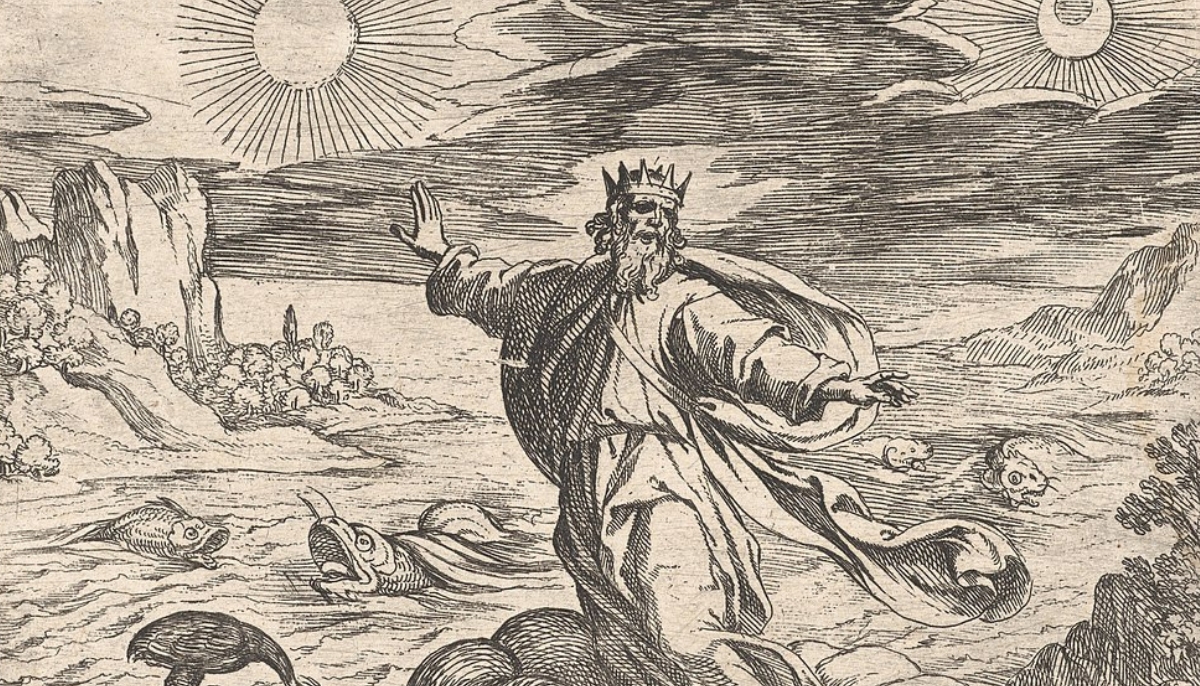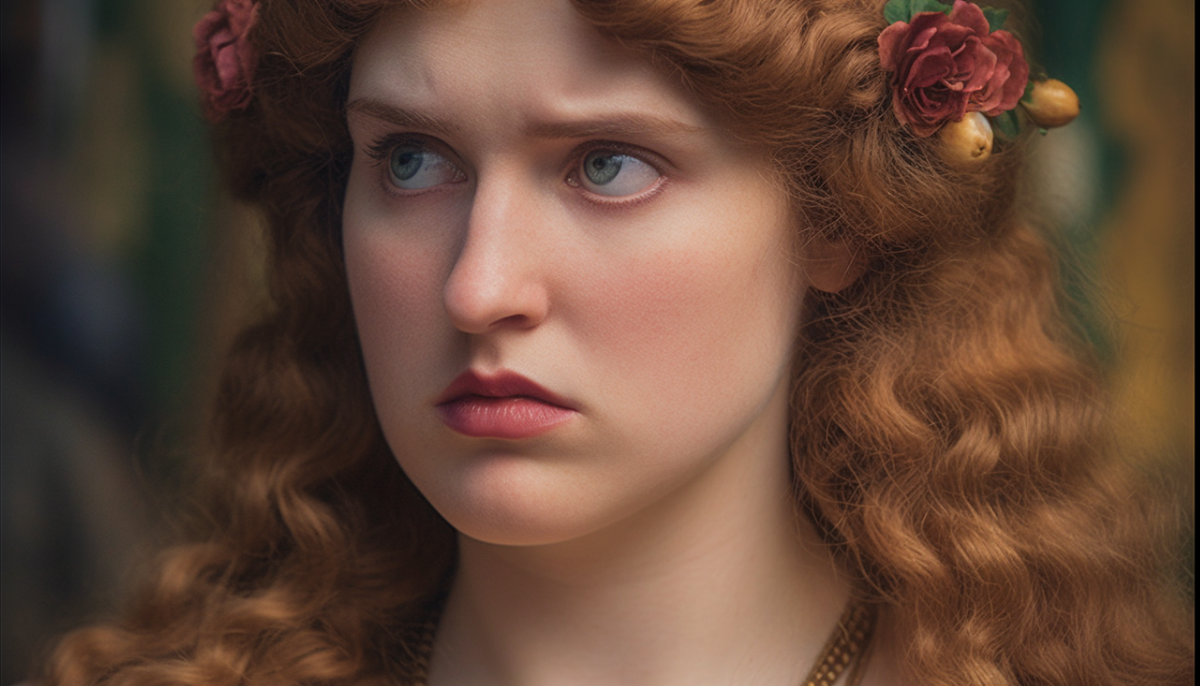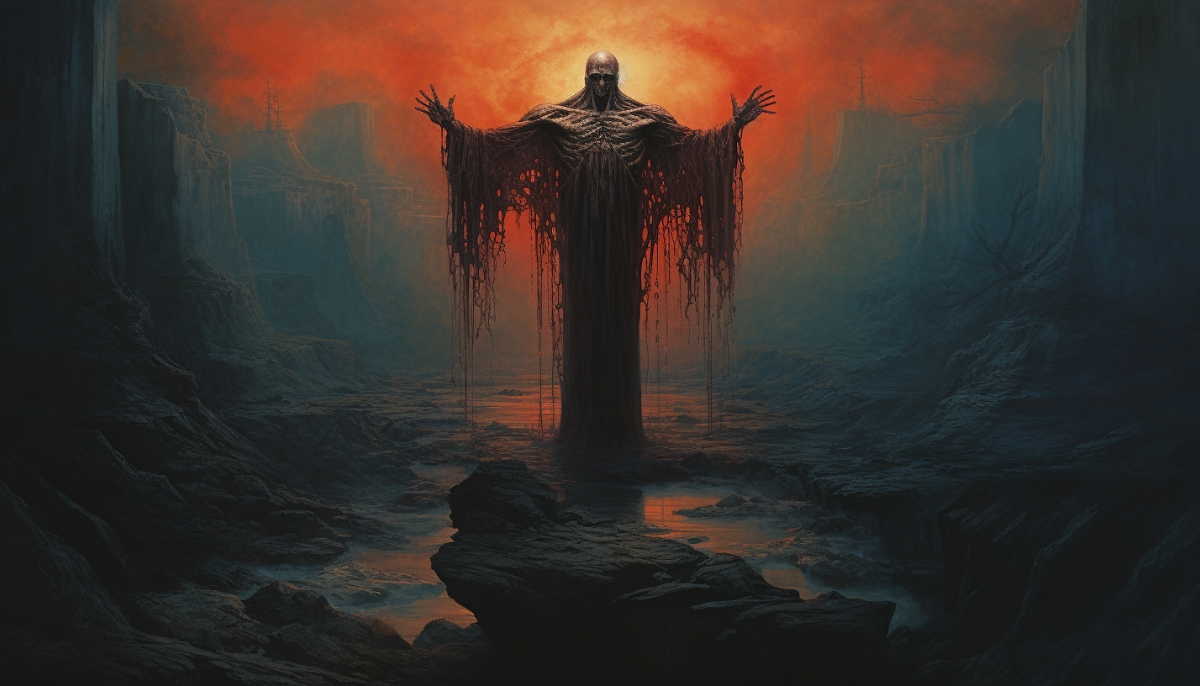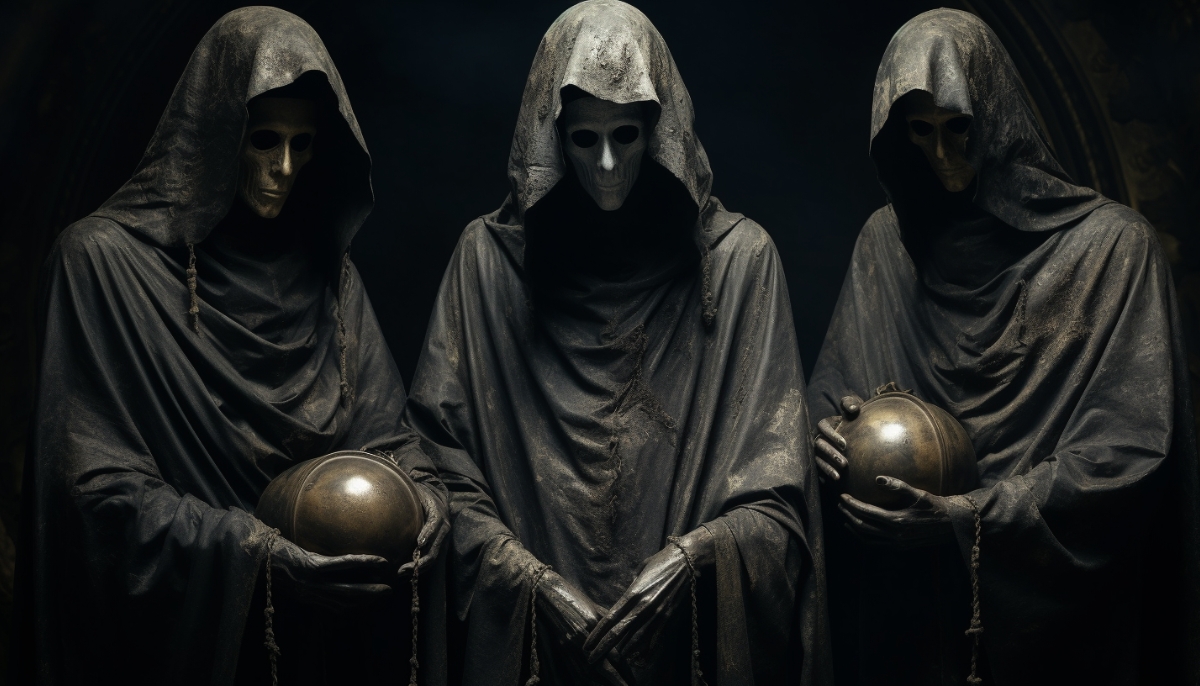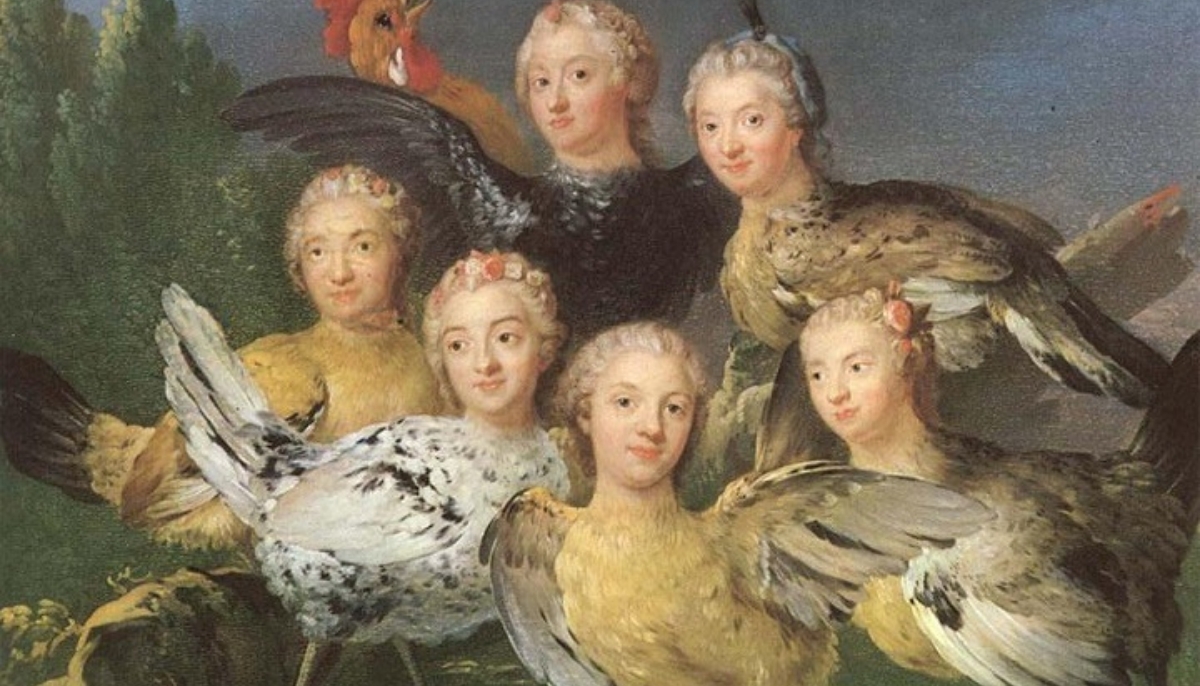This article explores the great Golden Age of Roman poetry, a period that shaped our understanding of Roman ethos, culture, and philosophy.
From the epic tales of Virgil to the intricate verses of Statius, we delve into the peak of Roman literary achievement, highlighting some famous quotes from our renowned poets.
Prepare to be surprised by the familiar sayings that originate in the works of these classical literary giants.
What is the Golden Age of Roman poetry?
The Golden Age of Roman poetry refers to the period from 70 BCE to 14 CE, marking the transition from the end of the Roman Republic through the reign of Augustus.
This era is renowned for its classical writing style, deeply influenced by Ancient Greece, and represents the peak of Roman culture. The historians and poets of this time are largely responsible for our understanding of Roman mythology.
During this time, poetry flourished, with poets crafting works that explored themes of love, politics, and social commentary.
What is an epic poem?
An epic poem is a lengthy, narrative work of poetry that typically deals with great subjects and characters of heroic stature.
This genre of poetry is known for its grandiose themes, often involving heroic quests, battles between good and evil, divine intervention, and the exploration of universal truths through the adventures of larger-than-life figures.
Epic poems are not just stories; they embody the ideals, values, and morals of the culture from which they originate, serving as a mirror to society’s virtues and flaws.
Famous roman poets
The Golden Age of Roman poetry introduced us to poets whose works have contributed significantly to our modern image of Rome.
Here are six key Roman poets who left their mark on the literary world:
1. Virgil
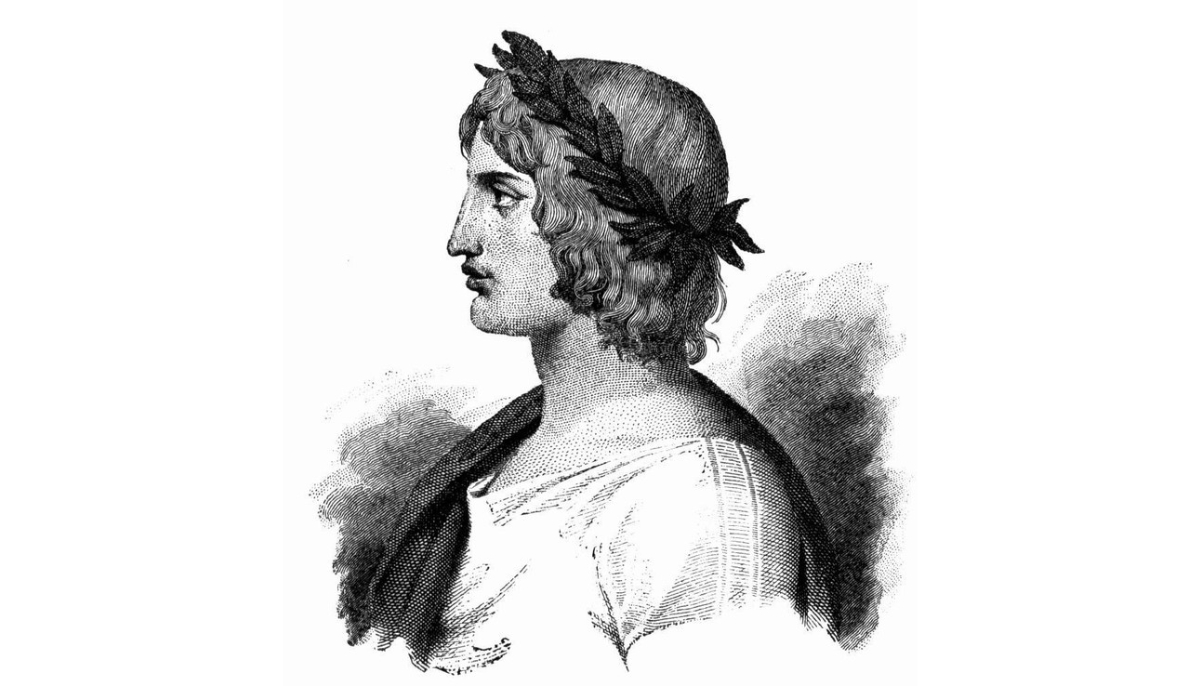
Publius Vergilius Maro (70 – 19 BCE): Hailed as the most renowned Roman poet, Virgil’s legacy includes the epic Aeneid, which tells the stories of Romulus and Remus, the fall of Troy and serves as Rome’s national poem.
“Audaces fortuna iuvat”
“Fortune favors the bold.”
-Virgil
His work romanticized Rome and its origins. Virgil also wrote the Eclogues and the Georgics, celebrating the pastoral life and agricultural practices of Roman country life.
“Fléctere si néqueo súperos Acheronta movebo”
“If I cannot move heaven, I will raise hell.”
-Virgil
2. Horace
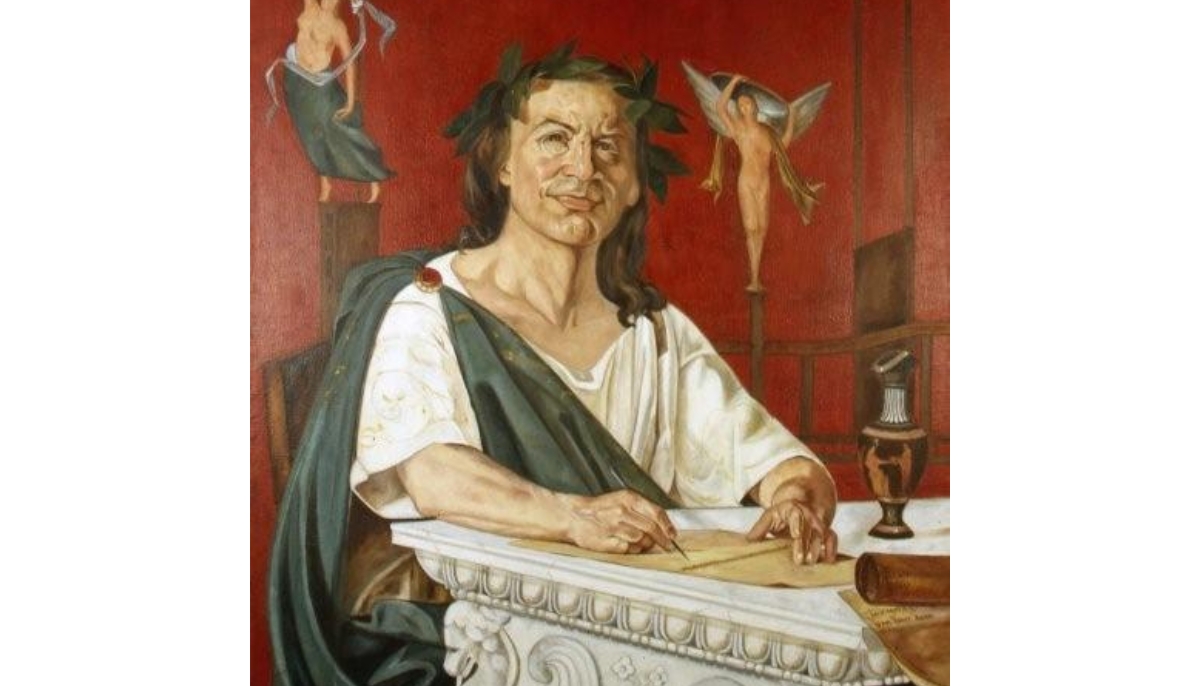
Quintus Horatius Flaccus (65 BCE – 8 BCE): The son of a freedman, Horace became a leading poet in Rome, advocating for Epicurean values. His Satires criticize Rome’s vices, while his Epodes and Odes celebrate life under Augustus.
“Carpe diem.”
“Seize the day”
-Horace
Horace’s admiration for Greek literature profoundly influenced his work, blending joy for life with a deep respect for nature.
“Pactum serva”
“Keep the faith”
-Horace
3. Catullus
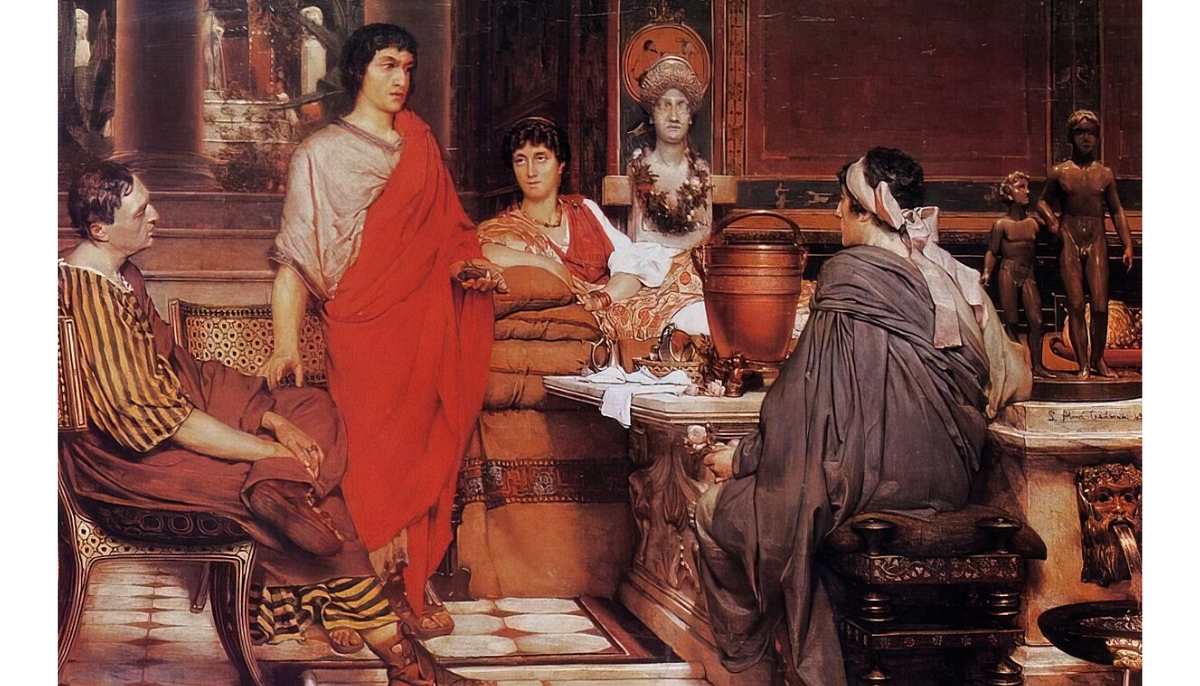
Gaius Valerius Catullus (84 BCE – 54 BCE): Known for his short, entertaining poems, Catullus delved into personal stories, friendships with notable figures like Julius Caesar, and themes of love, friendship, and sexuality during a time of sexual freedom in Rome.
“Difficile est longum subito deponere amorem. Difficile est, verum hoc qua lubet efficias,”
“It is difficult suddenly to put aside a long-standing love; it is difficult, but somehow you must do it.”
-Catullus
Influenced by Greek authors such as Sappho and Callimachus, Catullus’s work is celebrated for its humor, satire, and humanity, offering a light-hearted yet profound perspective on Roman life.
“Lugete, O Veneres Cupidinesque,
Et quantum est hominum venustiorum.
Passer mortuus est meae puellae,
Passer, deliciae meae puellae.““Ye Cupids, droop each little head,
-Catullus
Nor let your wings with joy be spread:
My Lesbia’s favourite bird is dead,
Whom dearer than her eyes she loved.”
4. Propertius
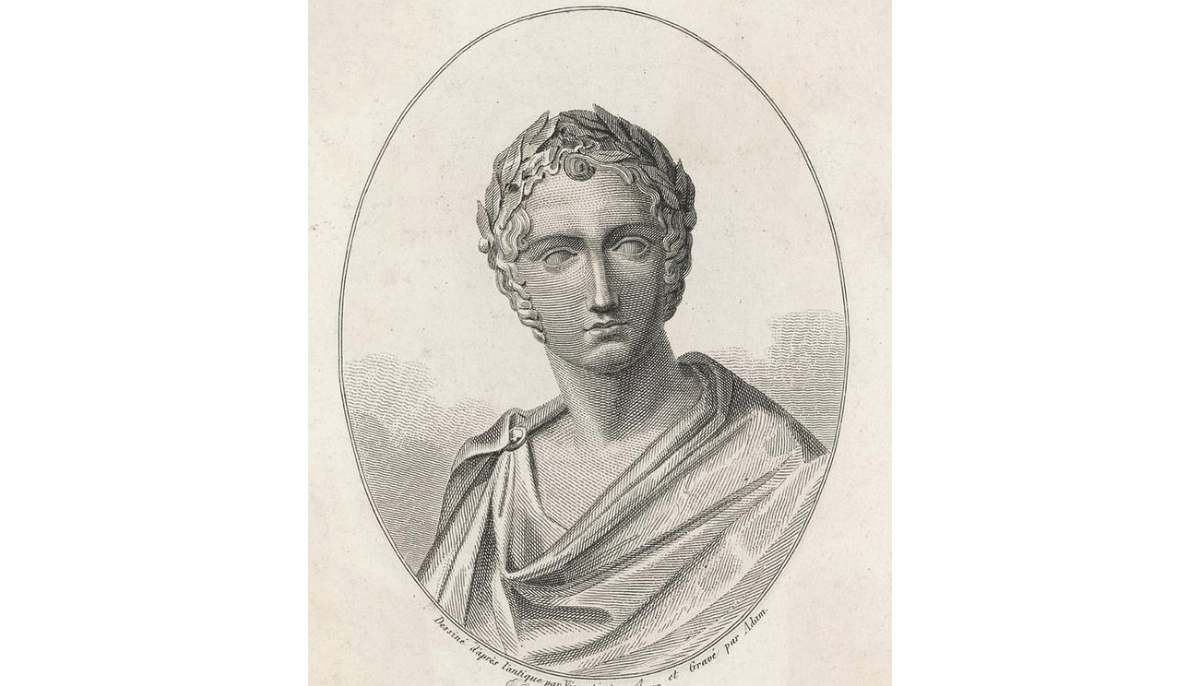
Sextus Propertius: Born around 50–45 BC in Assisium (now Assisi) and dying shortly after 15 BC, Propertius was a Latin elegiac poet of the Augustan age.
“Nemo in amore videt.“
“No one in love can see.”
-Propertius
Best known for his book Elegies, he was a contemporary and friend of Ovid and Virgil. Despite his connections, Propertius chose not to write an epic about Emperor Augustus, which set him apart from his peers.
“Semper in absentes felicior aestus amantes.“
“Absence makes the heart grow fonder.”
-Propertius
While not as celebrated in his own time compared to other Latin elegists, modern scholars regard him as a significant poet. His work, often seen as scandalous in his day, has gained appreciation for its depth and artistry over time.
5. Lucretius
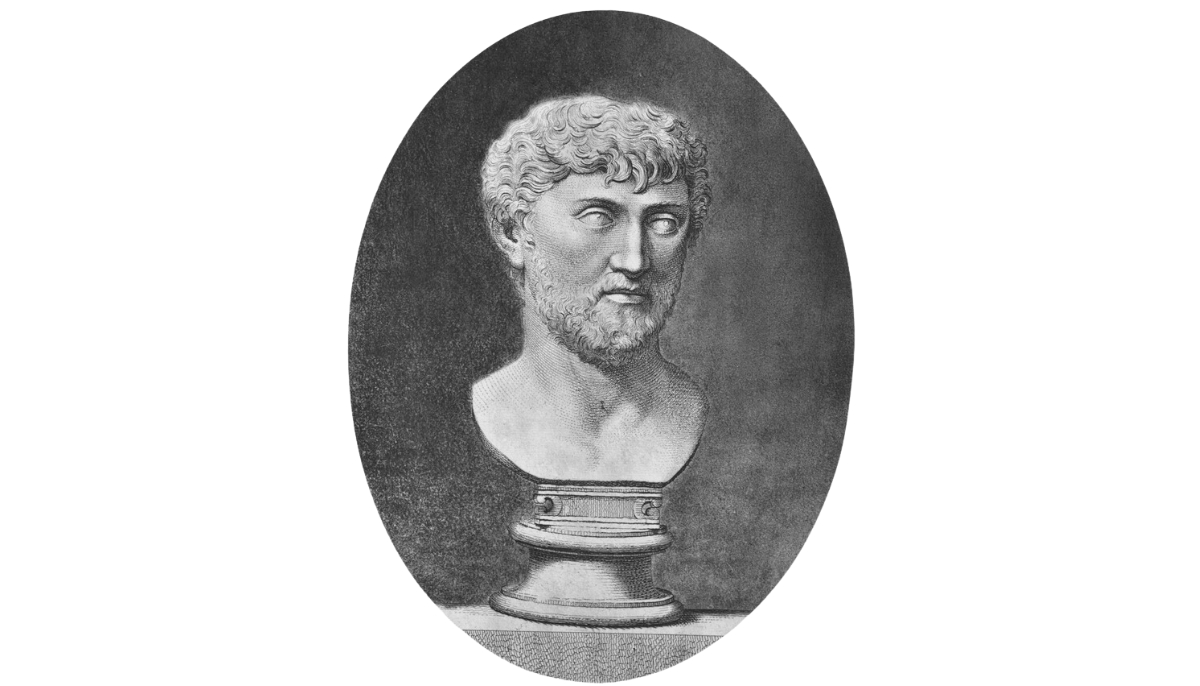
Titus Lucretius Carus: Lucretius, a Roman poet and philosopher who lived around 99–55 BC, is known for his only work, De Rerum Natura (On the Nature of Things).
“Nil posse creari
de nihilo.““Nothing can be produced from nothing”
-Lucretius
This epic poem, divided into six books, covers physics, the nature of the universe, and the development of the world, advocating that it was not created by deities. His rational approach to nature and evolution was controversial, positioning him as a critical figure in ancient Roman intellectual history.
“Saepius illa
religio peperit scelerosa atque impia facta.““Again and again our foe, religion, has given birth to deeds sinful and unholy.”
Lucretius
Lucretius’ work, while not widely celebrated during his lifetime due to its challenging views on religion, has been influential in philosophical and scientific thought.
6. Ovid
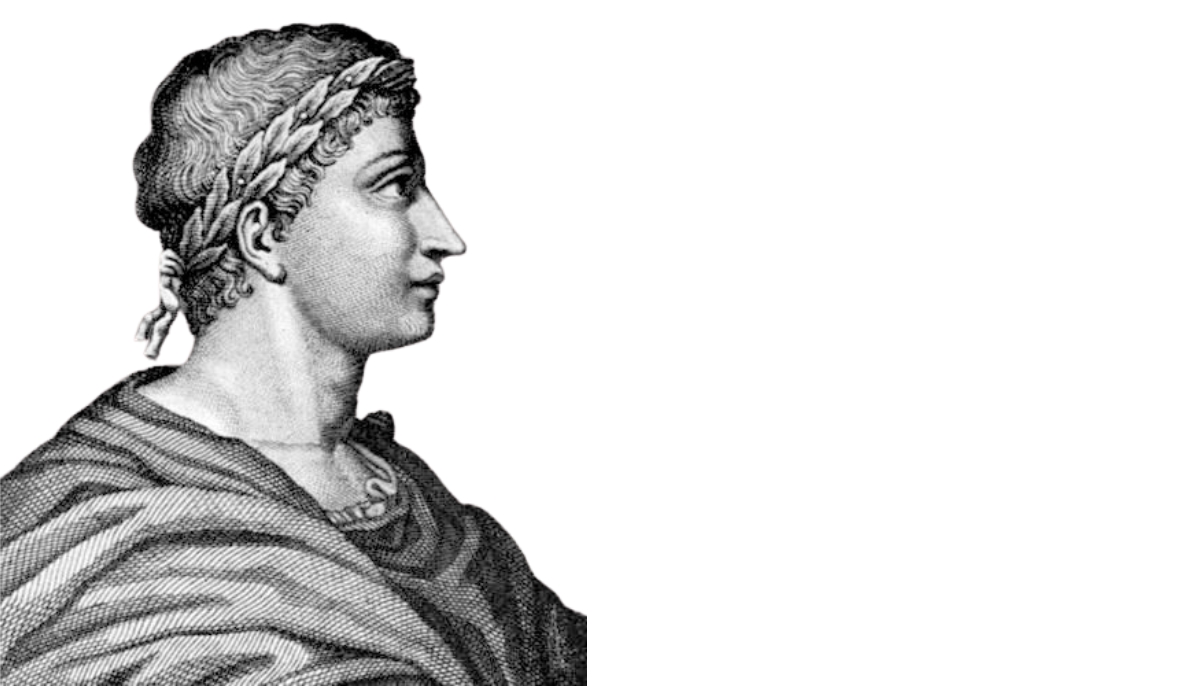
Publius Ovidius Naso: Ovid, living from 42 BCE to 18 CE, is one of the most well-known poets of the Roman world.
“Tarde quae credita laedunt credimus.”
“We’re slow to believe what wounds us.”
-Ovid
His work, Amores, humorously explores the adventures of a young lover, while Heroides presents letters from mythological women to their absent lovers.
“Sic ego nec sine te nec tecum vivere possum.“
“So I can’t live either without you or with you.”
-Ovid
Ovid’s epic poem, Metamorphoses, narrates the transformations of gods and humans, becoming a seminal work that influenced countless authors and artists throughout history.
“Fas est ab hoste doceri.”
-Ovid
“One should learn even from one’s enemies.”
Despite his significant contributions to literature, Ovid was exiled by Augustus. His legacy, however, endures, with his works inspiring artists and writers from the Renaissance to modern times.
The Silver Age of Roman Poetry
Roman poetry continued to thrive and evolve long after the Golden Age, transitioning into what is now referred to as the Silver Age of Roman poetry. This era, while distinct from the opulent Golden Age, still produced works of significant literary merit and influence, exploring new themes and adapting to the changing socio-political landscape of the Roman Empire.
Two notable poets of the Silver Age are Marcus Annaeus Lucanus, known as Lucan, and Publius Papinius Statius. Lucan, a Spaniard and nephew to Seneca, brought a philosophical and dramatic flair to his poetry. His epic, Pharsalia, delves into the Roman Civil War. Unfortunately, Lucan’s involvement in the Piso conspiracy against Emperor Nero led to his premature death.
Statius, on the other hand, offered a different lens through which to view Roman society and mythology. His Thebaid, a twelve-book epic, revisits the curse of Oedipus, which involves a confusing family tree, a plague that ravaged Thebes, and a classic look at fate and destiny that resonated with the Roman audience.
The Christianization of Rome
As the Roman Empire underwent Christianization, the focus of its poets and historians began to shift. The famous poets of the day started to weave Christian elements into their works, marking a departure from the earlier Roman poetry, which was heavily influenced by Greek literature.
This transition reflects the changing religious landscape and also the adaptability and evolution of Roman literary forms in response to societal changes.
From its Golden Age to the Silver Age, Roman poetry offers a window into an empire’s soul at its zenith and during times of transition.
We are granted insight into the complexities of Roman life, belief, and identity through the epic narratives of poets like Virgil, Horace, Ovid, and later Lucan and Statius.
The enduring legacy of these literary works continues to captivate and inform, revealing the depth and diversity of Roman cultural achievements.
